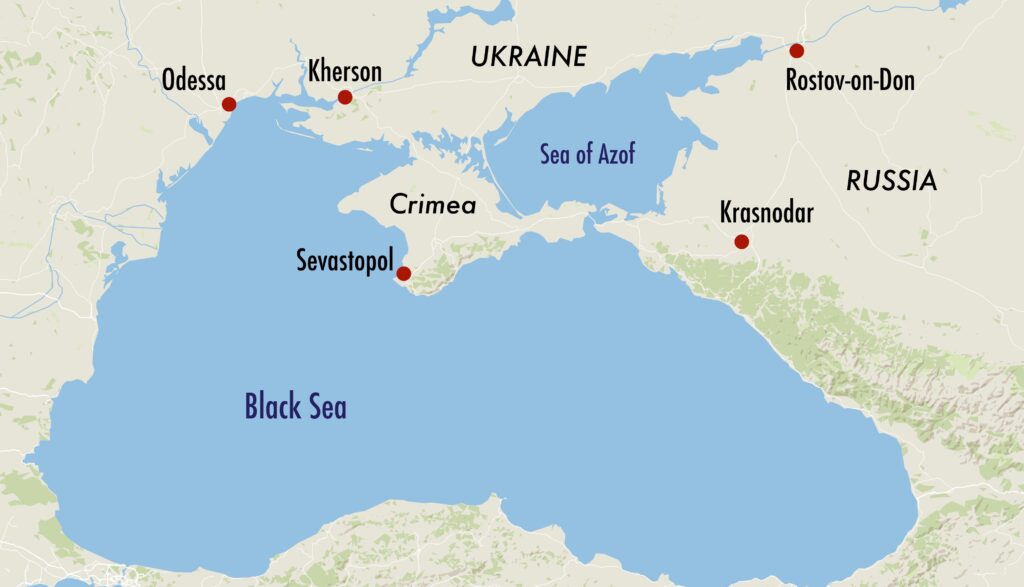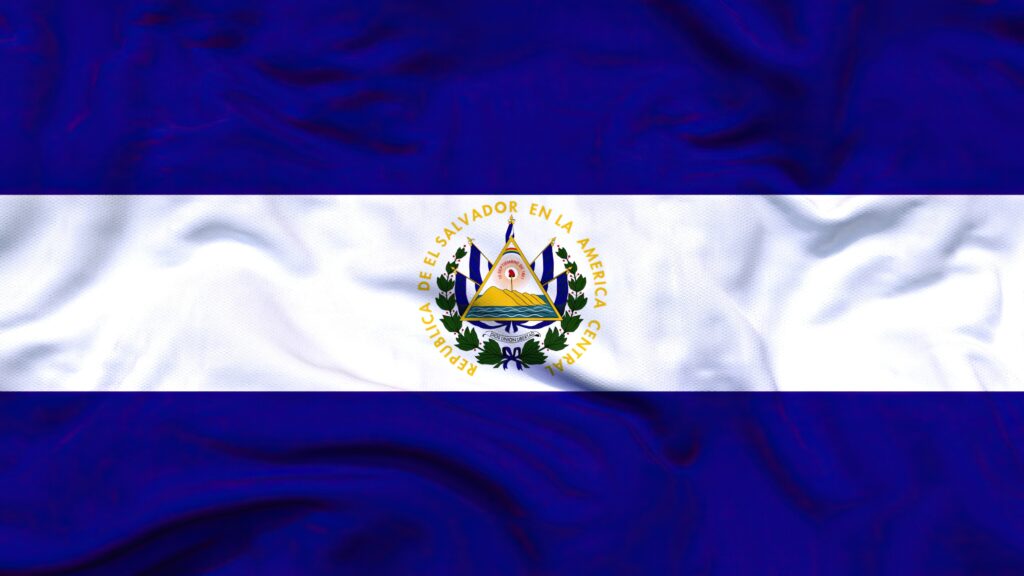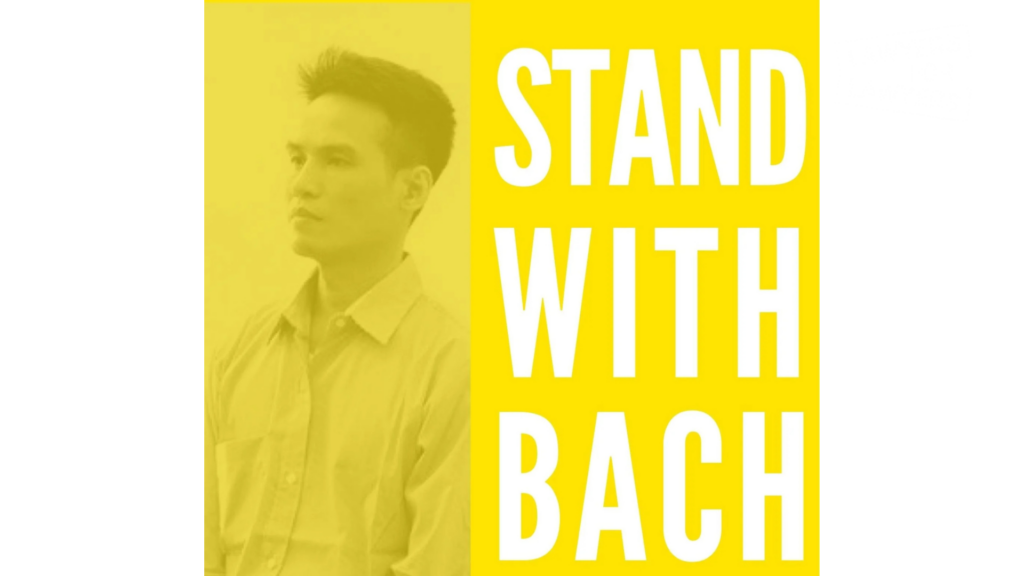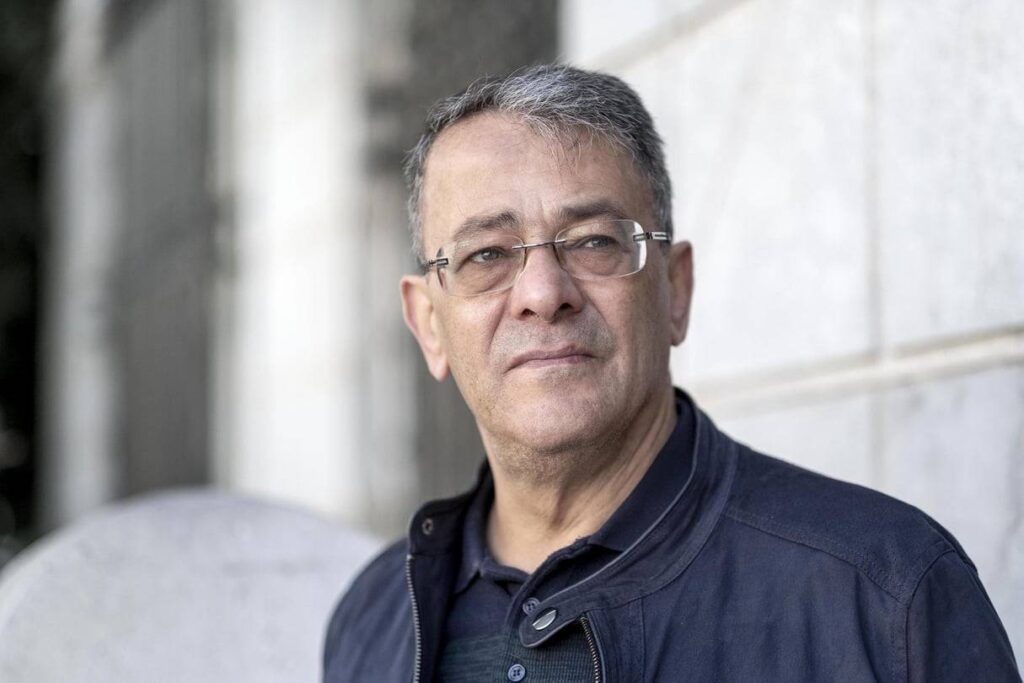On 6 August 2019, Chinese human rights lawyer Li Jinxing license to practice was revoked in relation to his posts on the social media platform Weibo. His posts included comments on two cases; one about the disbarment of another lawyer; and the other about Li being prevented from meeting his client in a detention center. Concern about this has been expressed in joint letter to the Chinese authorities initiated by China Human Rights Lawyers Concern Group.
A panel under the Shandong Provincial Department of Justice said Li violated the Lawyers Law and the Administrative Measures for the Praxtice of Law by Lawyers by commenting on these two cases. Because Li’s license has already been suspended before, the panel decided to revoke Li’s license to practice law.
Li Jinxing is a renowned lawyer who gained national attention for defending clients in high-profile (criminal) cases and who has always fought to overturn wrongful convictions. In 2016, his license to practice law was suspended for one year because he had allegedly spoken out of turn while defending human rights defender Guo Feixiong in 2014.
Over the past four years lawyers that have not been arrested in the aftermath of the “709 Crackdown” have been facing increasing difficulties due to repression in the form administrative measures. In November 2016, the Chinese Ministry of Justice implemented two regulations (MoJ Directive 133 and 134) that require lawyers and law firms to support the leadership of the Communist Party of China and the socialist ‘rule of law’ as the basic requirement for legal practice. Lawyers are also prohibited from inciting, organizing or participating in demonstrations that could disturb public order, offline and online. As a result of these regulations lawyers, who are accused of non-compliance, can have their licenses invoked or not renewed. The authorities are furthermore able to shut down law firms if they refuse to dismiss lawyers who express critical views, or who advocate for clients or causes unpopular with the Communist Party of China.



